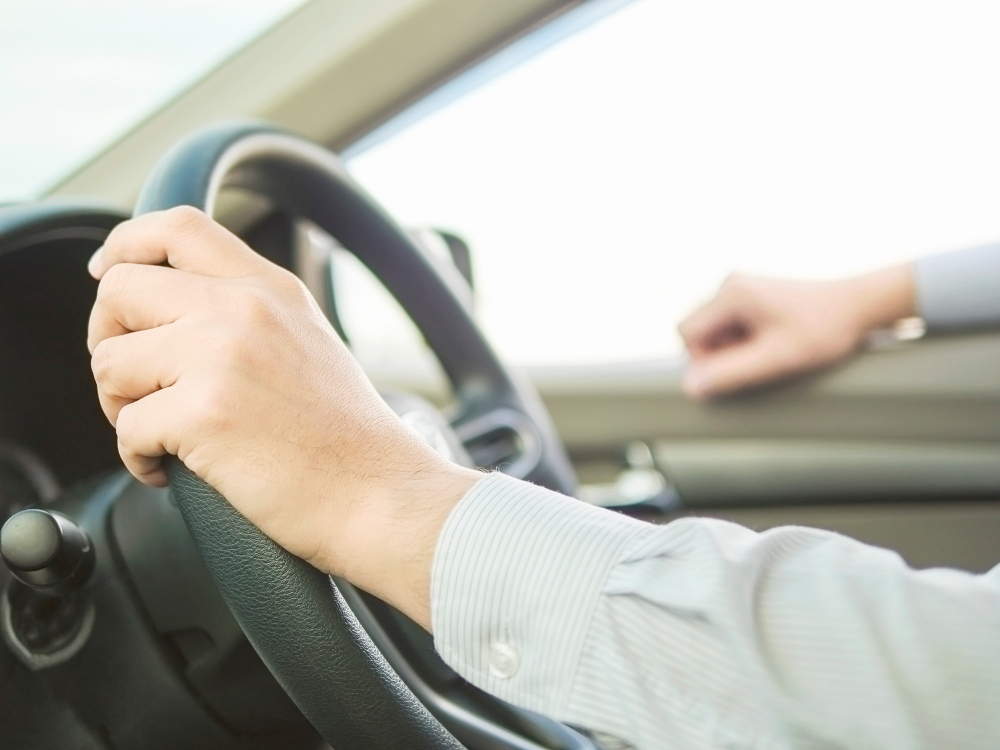Is It True That Driving Slowly Can Save Fuel?
(Photo Credit: freepik)
Is It True That Driving Slowly Can Save Fuel?
Driving is a part of everyday life for many people, whether it’s commuting to work, traveling, or running errands. One common question people often wonder is, “Does driving slowly really save fuel?” In this article, we will explore the facts and factors that influence fuel consumption while driving.
Does Driving Slowly Save Fuel?
The answer is it depends on several factors. While driving slowly can reduce fuel consumption in certain cases, it doesn’t always mean that driving slowly will always save fuel. It depends on factors such as the optimal speed, road conditions, and driving habits.
What Is the Most Fuel-Efficient Speed?
Studies have shown that the most fuel-efficient speed is generally between 50 and 80 kilometers per hour. This speed allows the engine to operate efficiently without consuming excessive fuel. When driving faster or slower than this range, the engine may need to work harder, leading to higher fuel consumption.
Driving Too Fast Uses More Fuel
If you drive too fast, the engine has to work harder, resulting in increased fuel consumption. Rapid acceleration requires more energy from the engine to maintain speed, and air resistance plays a major role. The faster you drive, the more air resistance increases, which forces the vehicle to use more energy and, therefore, more fuel.
Driving Too Slowly Doesn’t Always Save Fuel
Although driving slowly can help save fuel in some situations, driving too slowly can cause the engine to operate inefficiently. In certain conditions, such as when accelerating to maintain speed or driving uphill, the engine may need to use more energy, which increases fuel consumption.
How to Drive Most Efficiently
If you want to drive more efficiently and save fuel, consider other factors besides speed:
- Smooth acceleration and braking: Rapid acceleration or sudden braking wastes fuel. It’s better to drive smoothly and maintain a consistent speed.
- Avoid idling for too long: If you have to wait for a long time, turn off the engine to save fuel.
- Maintain your vehicle: Keep your car in good condition by regularly checking tire pressure, engine oil, and other systems to ensure they are operating efficiently.
Conclusion
Driving slowly can sometimes help save fuel, but not always. The key factors that affect fuel efficiency include driving habits, optimal speed, road conditions, and how you accelerate and brake. The best way to save fuel is by driving smoothly and keeping your car well-maintained.
Claim your free car valuation today!
Read More: What is Lady Parking and where can you find it?
Looking for a car appraisal? You can contact us for a free car valuation within 24 hours…

